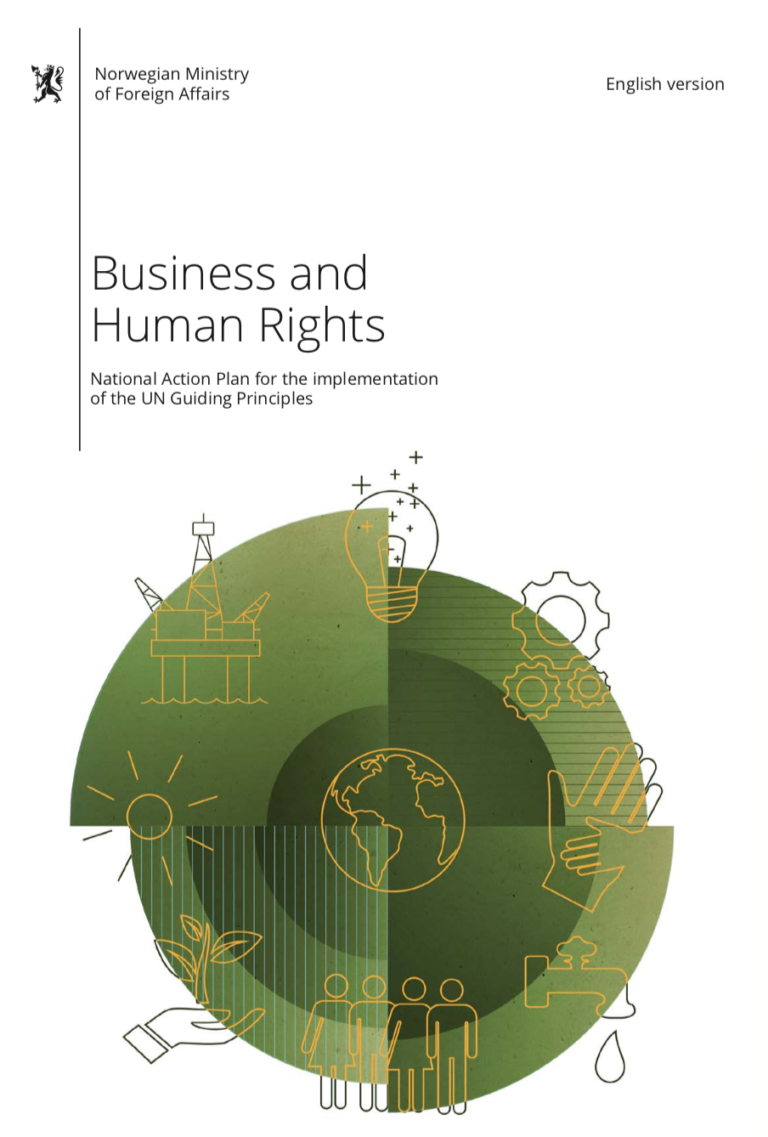The Fundamental Rights of Irregular Migrant Workers in the EU: Understanding and Reducing Protection Gaps
GuidanceThis study, commissioned by the European Parliament’s Policy Department for Citizens’ Rights and Constitutional Affairs at the request of the LIBE Committee, aims to inform policy debates about how to protect more effectively the fundamental rig...Read More

